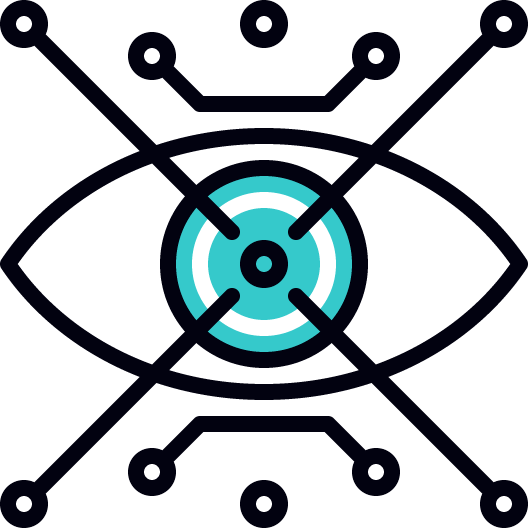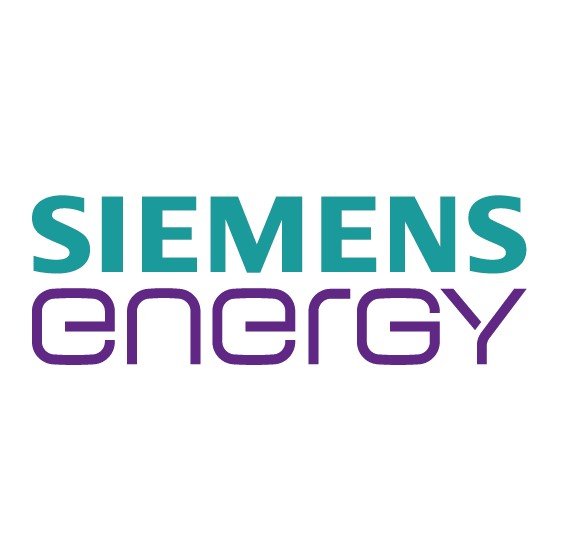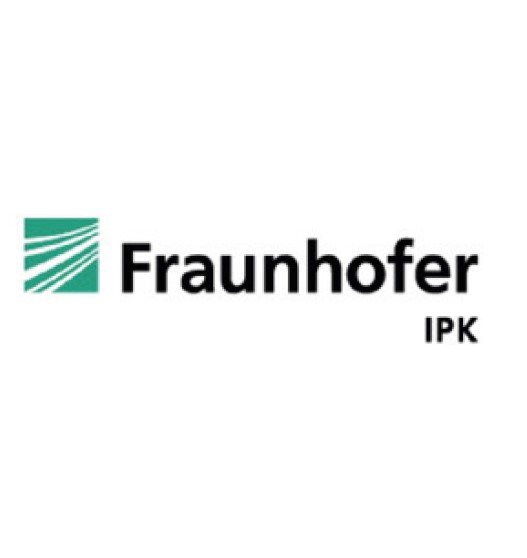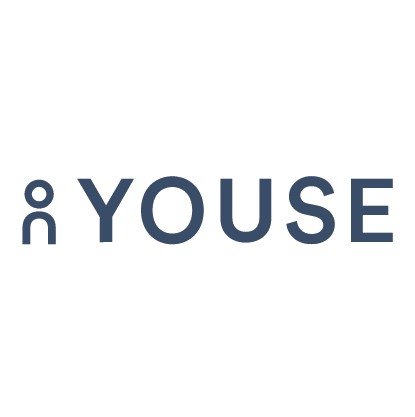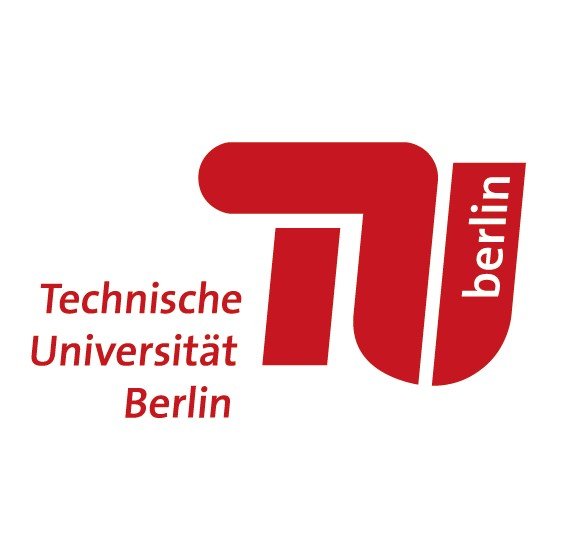WvSC MRO–DI 7
Worker assistance systems - Werner von Siemens Center for Industry and Science (WvSC)
PROJECT DESCRIPTION
Maintenance,Repair and Overhaul (MRO)
OBJECTIVES
The objective of the MRO project is to develop new technologies for repairs including upgrades for high-efficiency gas turbines. Some components in gas turbines, e.g. the turbine blades, are subject to constant wear due to corrosion and oxidation. They are regularly removed, repaired and then operated again with the same running times or - after certain intervals - replaced altogether.
The use of future technologies such as digital solutions or additive manufacturing processes can result in product and process innovations that enable operating intervals to be extended. In addition, improved properties can contribute to greater efficiency and lower emissions.
WORK PACKAGE
Manual activities are indispensable at many workstations along the MRO process chain. The use of new technologies for (individual) assistance promises to optimize the time, quality and costs of manual process steps without overloading the workers.
The main focus of the work package is the research and application-oriented testing of assistance technologies and methods for the support of manual work processes through the targeted digital provision of information (cognitive support), as well as the support of physically difficult activities (physical support). The goal is to seamlessly integrate manual work processes into the digital process chain for MRO and thus to research an overarching methodology for supporting workers.
OUR CONTRIBUTION
Gestalt Robotics deals with requirements engineering and the exploration of interface modules for pre- and post-processing of data provided by the Digital Twin to work places. Furthermore, a design of the sensor systems as well as the development of AI-based methods for 6 DoF localization of the components for display-based augmented reality as well as integration, implementation of the user interfaces are conducted by Gestalt. Finally, the development of an automated acquisition of body poses and their ergonomic evaluation is carried out.
Key facts
Augmented Reality (AR)
Spatial representation of repair requirements
Indications of tools and work sequence
AR principles: projection and display
User Centricity
Design of new interaction methods
Intuitive user interfaces
Investigation of ELSI aspects
AI & Machine Learning
Localization of components and work equipment
Visual recognition of work steps
Acquisition of ergonomic feedback
Scalable Architecture
Distributed Software Architecture
Services from Cloud & Edge
Seamless integration of the Digital Twin
PartnerS & CONSORTIUM
Siemens Energy AG
Definition of objectives, provision of information on the current state, implementation of modifications to existing workplace systems, adapted design of work steps, implementation and integration for a technology demonstrator
Fraunhofer IPK
Integration of software architecture into higher-level communication, (partially) automated calibration procedures for component localization and for projection-based AR, as well as integration and realization of projection-based AR, implementation of application visualization for projection-based AR
YOUSE GmbH
Consideration of ELSI aspects with focus on ethical and social aspects as well as acceptance research, analysis and conception of an adapted workplace layout, support of the basic implementation as well as execution of usability tests
TU Berlin
Interaction design (technical), conception of interfaces and database technical conception and digital modeling of work instructions, realization of display-based AR, implementation of application visualization for display-based AR, provision of ergonomics feedback system
Funding
Berlin Senate, co-financed by the European Regional Development Fund (ERDF)
Program
“ProFIT – Projektfinanzierung“
Duration
01.2020 – 12.2023
Project Management Agency
Investitionsbank Berlin (IBB)
ProjeCt poster
Project poster (German) as printable PDF
This project is/was financed with funding provided by the Berlin Senate, co-financed by the European Regional Development Fund (ERDF) under the “ProFIT – Projektfinanzierung” program and managed by the Project Management Agency Investitionsbank Berlin (IBB). The author is responsible for the content of this publication.



